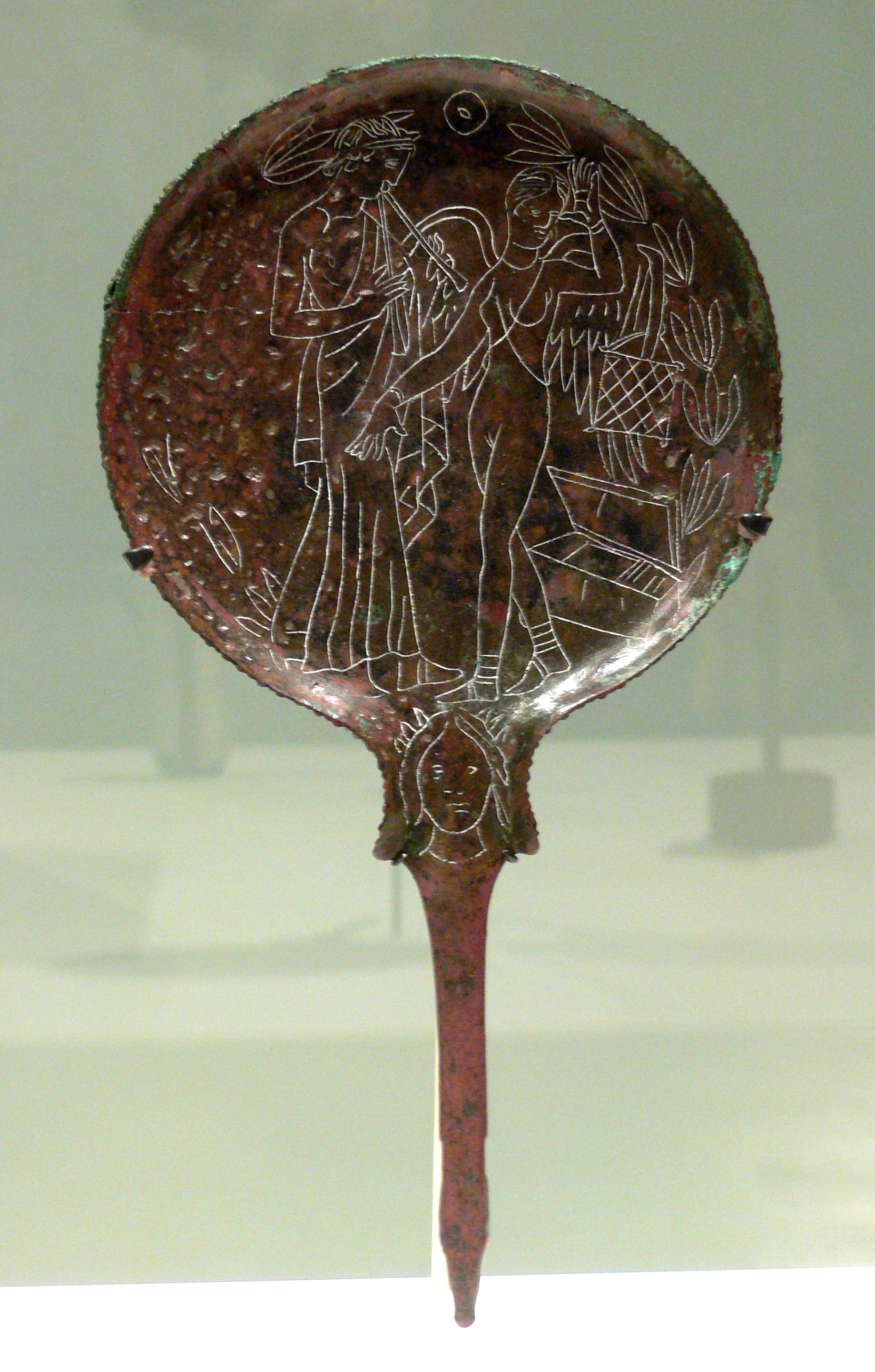Aristotle, On Amazing Things Heard 832b
“The story goes that in Abydos there was a man who was afflicted with madness. He went into the theater and watched for many days as if there were actually people acting and applauded. When he had a respite from his affliction, he said that this was the most enjoyable time of his life.”
Λέγεται δέ τινα ἐν Ἀβύδῳ παρακόψαντα τῇ διανοίᾳ καὶ εἰς τὸ θέατρον ἐρχόμενον ἐπὶ πολλὰς ἡμέρας θεωρεῖν, ὡς ὑποκρινομένων τινῶν, καὶ ἐπισημαίνεσθαι· καὶ ὡς κατέστη τῆς παρακοπῆς, ἔφησεν ἐκεῖνον αὑτῷ τὸν χρόνον ἥδιστα βεβιῶσθαι.
This made me think of Thrasyllos again.
Aelian, 4.25
“Thrasyllos from the deme Aiksône endured an incredible and novel madness. For he left the city and went to the Peiraia and stayed there. He believed that all the ships that sailed in were his and he wrote down their names, checked the list when they left and rejoiced when they returned safely to the harbor again. He spent many years living with this sickness.
When his brother returned from Sicily, he took him to a doctor for treatment and he freed him from that sickness. But he often remembered the avocation of his sickness and used to say that he was never as happy as when he took pleasure at the sight of ships that weren’t his returning safely.”
Θράσυλλος ὁ Αἰξωνεὺς παράδοξον καὶ καινὴν ἐνόσησε μανίαν. ἀπολιπὼν γὰρ τὸ ἄστυ καὶ κατελθὼν ἐς τὸν Πειραιᾶ καὶ ἐνταῦθα οἰκῶν τὰ πλοῖα τὰ καταίροντα ἐν αὐτῷ πάντα ἑαυτοῦ ἐνόμιζεν εἶναι, καὶ ἀπεγράφετο αὐτὰ καὶ αὖ πάλιν ἐξέπεμπε καὶ τοῖς περισωζομένοις καὶ ἐσιοῦσιν ἐς τὸν λιμένα ὑπερέχαιρε· χρόνους δὲ διετέλεσε πολλοὺς συνοικῶν τῷ ἀρρωστήματι τούτῳ. ἐκ Σικελίας δὲ ἀναχθεὶς ὁ ἀδελφὸς αὐτοῦ παρέδωκεν αὐτὸν ἰατρῷ ἰάσασθαι, καὶ ἔπαυσεν αὐτὸν τῆς νόσου οὗτος. ἐμέμνητο δὲ πολλάκις τῆς ἐν μανίᾳ διατριβῆς, καὶ ἔλεγε μηδέποτε ἡσθῆναι τοσοῦτον, ὅσον τότε ἥδετο ἐπὶ ταῖς μηδὲν αὐτῷ προσηκούσαις ναυσὶν








